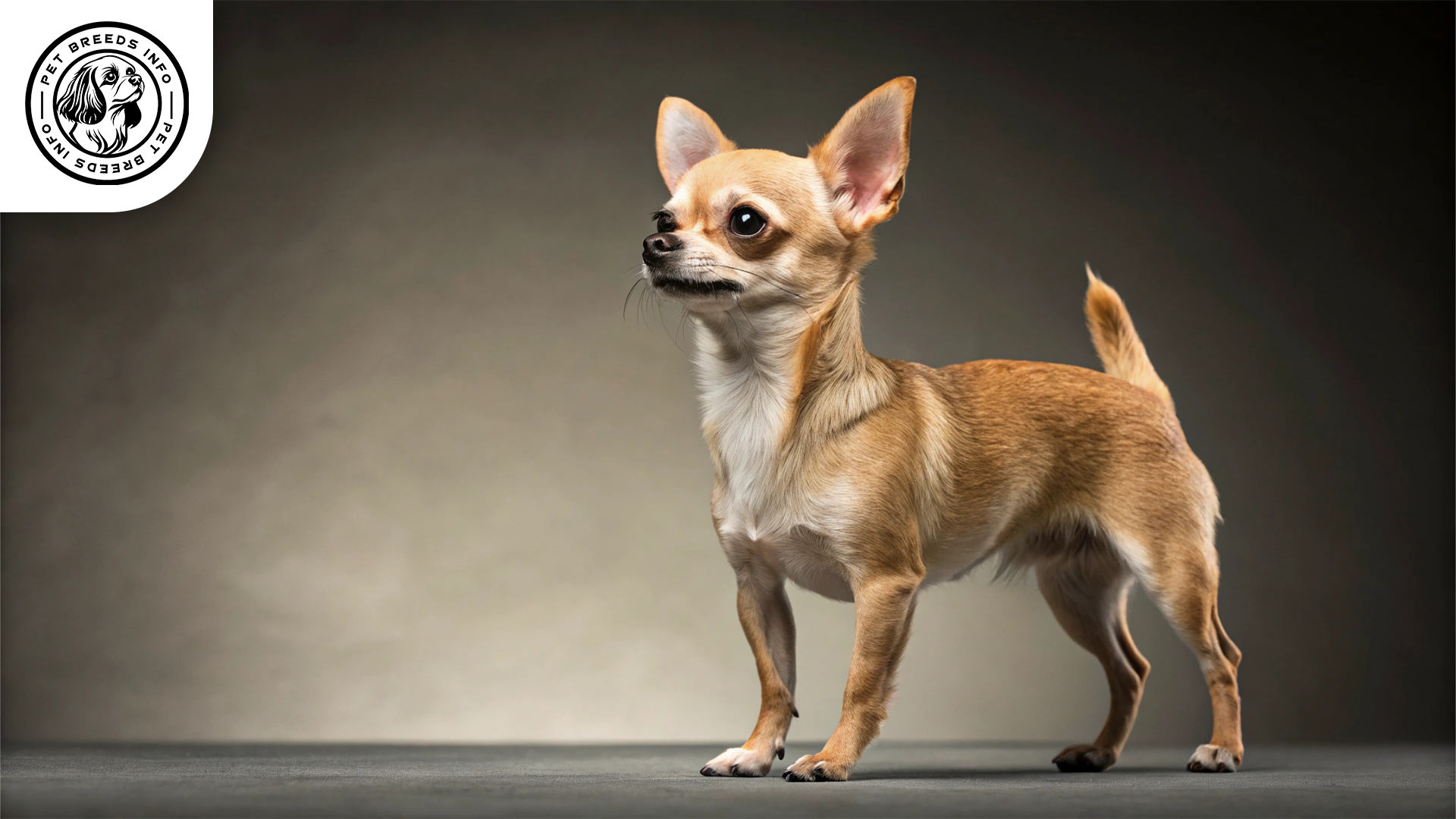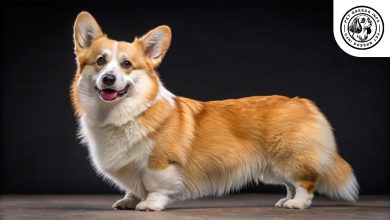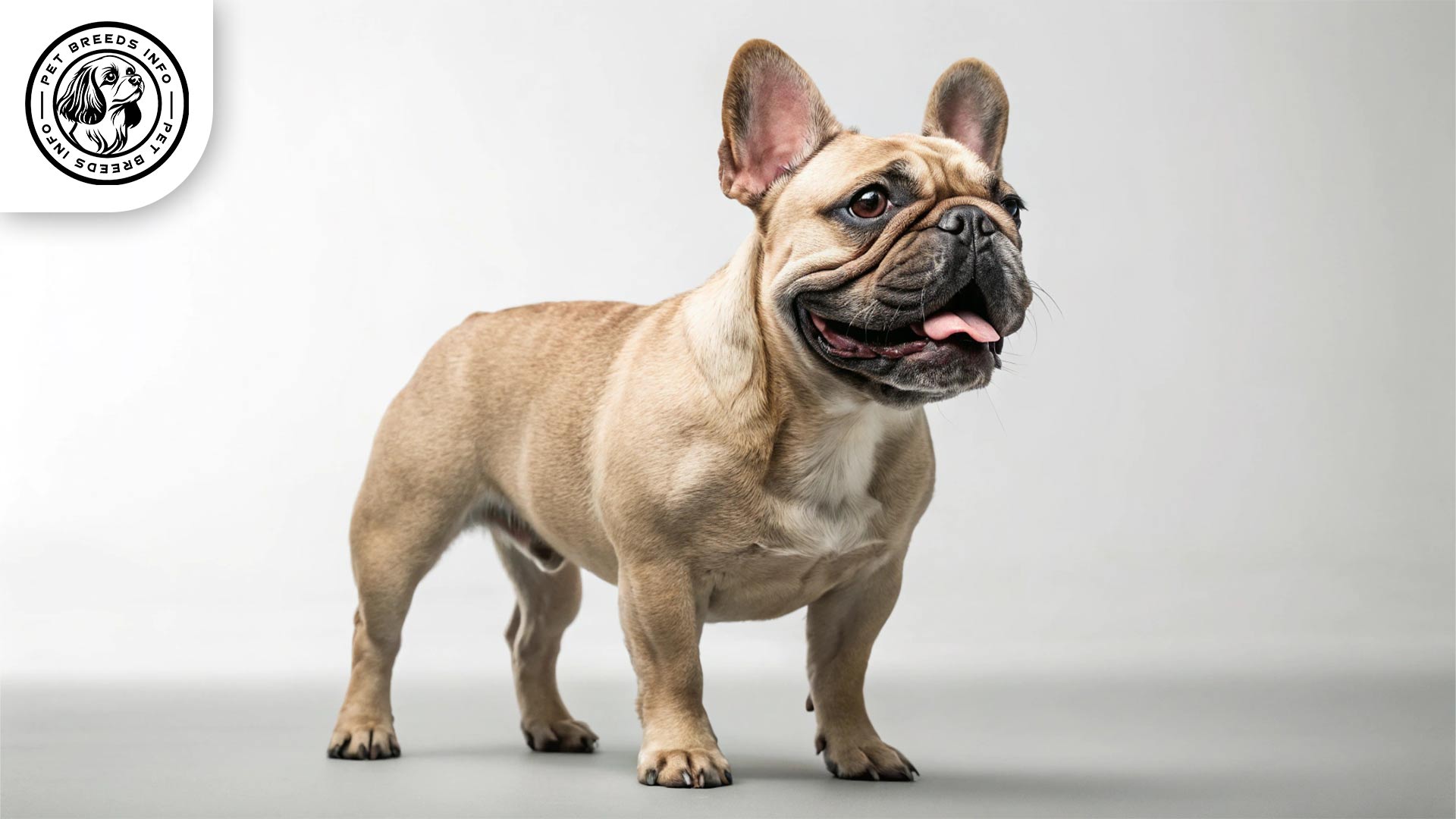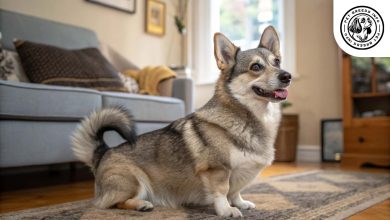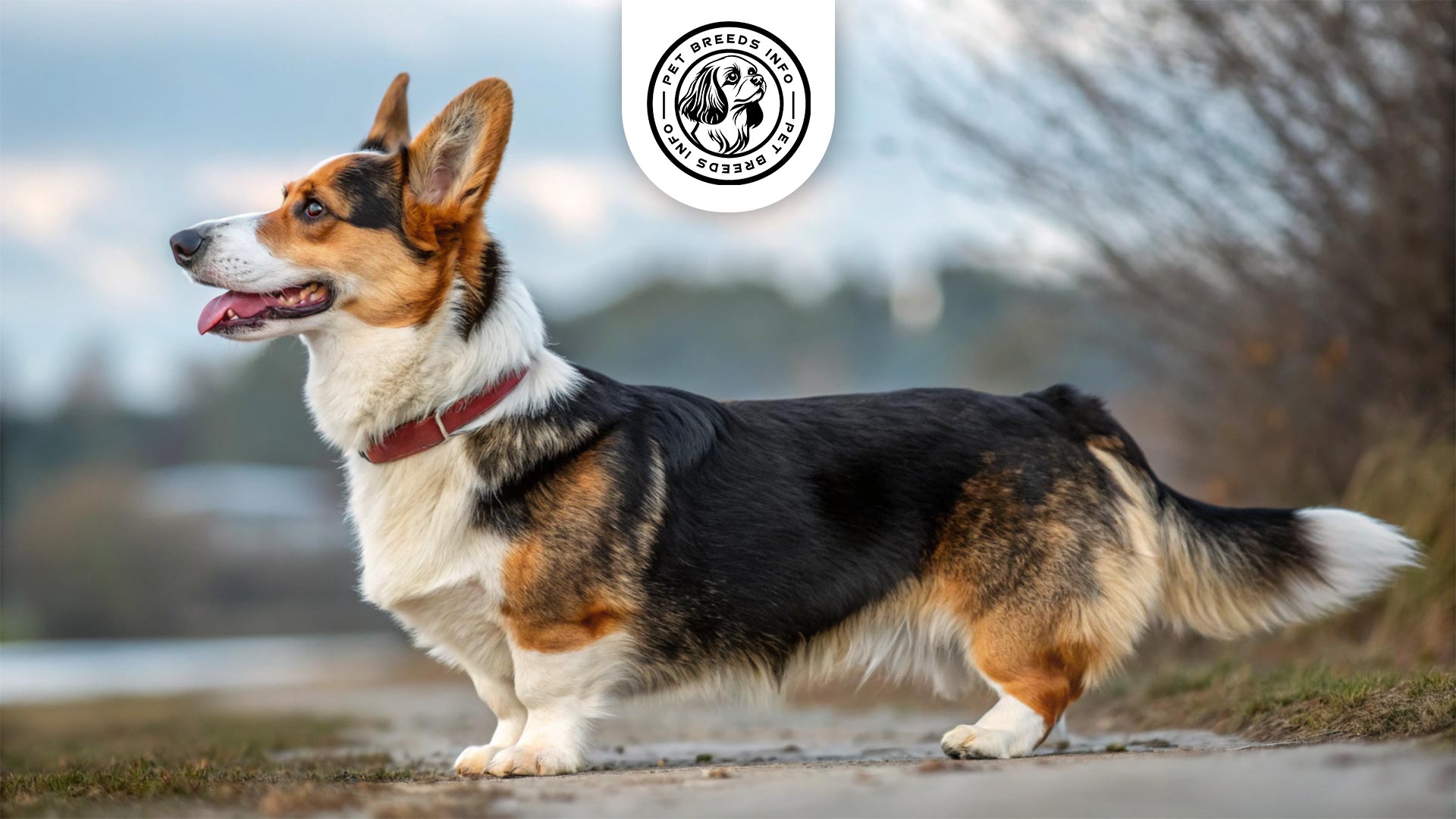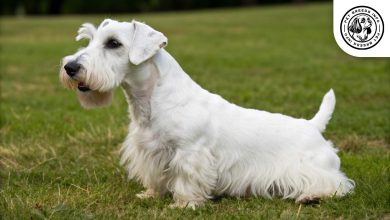Chihuahua Dog Breed: Size, Health, Price & Personality
General Introduction of the Breed
The Chihuahua, also known as “Chihuahueño” in Spanish, is a small dog breed originating from Mexico. It is one of the world’s smallest dog breeds and is named after the Mexican state of Chihuahua.
The Chihuahua is believed to descend from the ancient Techichi dogs of the Toltec civilization. These small companion dogs were later refined by the Aztecs. The modern breed gained popularity in the United States during the late 19th century and has remained a favored toy breed worldwide.
Table of Contents
| Weight | 2-6 lbs |
| Lifespan | 12-20 years |
| Diet | High-quality dry, wet, or raw diet |
| Care | Varies by coat type, sensitive to cold |
| Health | Prone to dental issues, patellar luxation, heart disease, tracheal collapse |
| Color | Fawn, black, white, chocolate, cream |
| Nature | Loyal, intelligent, energetic, alert |
| Price | $500 – $3,000 |
Physical Characteristics
The Chihuahua is a tiny breed with a well-proportioned body. Males and females typically stand between 5 to 8 inches (13 to 20 cm) tall and weigh between 2 to 6 pounds (0.9 to 2.7 kg).
They can have either a smooth coat or a long coat, both available in various colors, including fawn, black, white, chocolate, and cream, among others.
Their eyes are large, round, and expressive, typically dark-colored, but lighter shades can also occur.
Chihuahuas have large, erect ears that are proportionate to their head and give them a highly alert expression. Their tails are moderately long and can be either straight or slightly curled over the back.
Distinctive features of the breed include its small size, domed skull, and a slightly pointed muzzle.
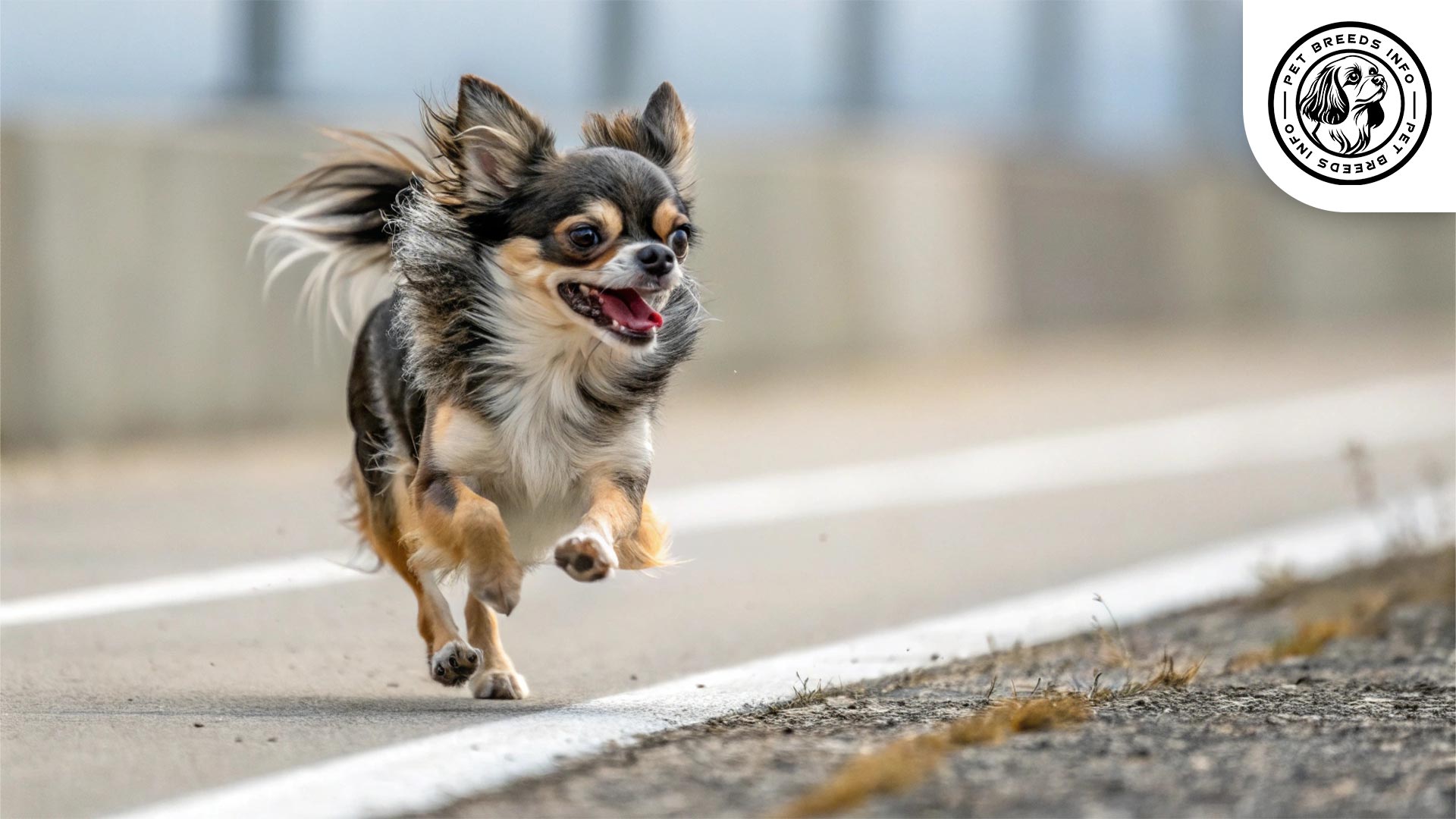
Personality and Temperament
Chihuahuas are intelligent and quick learners, though they can be strong-willed and stubborn at times.
They are high-energy dogs that require mental stimulation and playtime but do not need excessive physical activity.
This breed tends to form strong bonds with their owners and is known for being loyal and affectionate.
Socially, they can be wary of strangers and protective of their family. Early socialization is crucial to prevent excessive timidity or aggression.
Chihuahuas can get along with children and other pets, but due to their small size, interactions should always be supervised.
They are playful, alert, and sensitive to environmental changes, making them quick to react to unfamiliar situations.
Care and Maintenance Requirements
Chihuahuas require daily short walks and play sessions to stay physically and mentally stimulated. They are well-suited for apartment living.
Grooming needs vary based on coat type. Smooth-coat Chihuahuas require occasional brushing, while long-coat Chihuahuas need more frequent brushing to avoid matting.
They are sensitive to cold weather and may require sweaters or jackets during winter.
Regular hygiene care includes occasional bathing, nail trimming, ear cleaning, and daily dental care to prevent dental issues.
Diet and Nutrition
A high-quality balanced diet, whether dry food, wet food, or a raw diet, is essential for their health.
Read More: Bulldog
Chihuahuas are prone to obesity, so portion control is crucial. They should be fed two to three small meals per day.
Toxic foods such as chocolate, onions, grapes, and caffeine should be avoided.
Small-breed-specific formulas are recommended to meet their dietary needs.
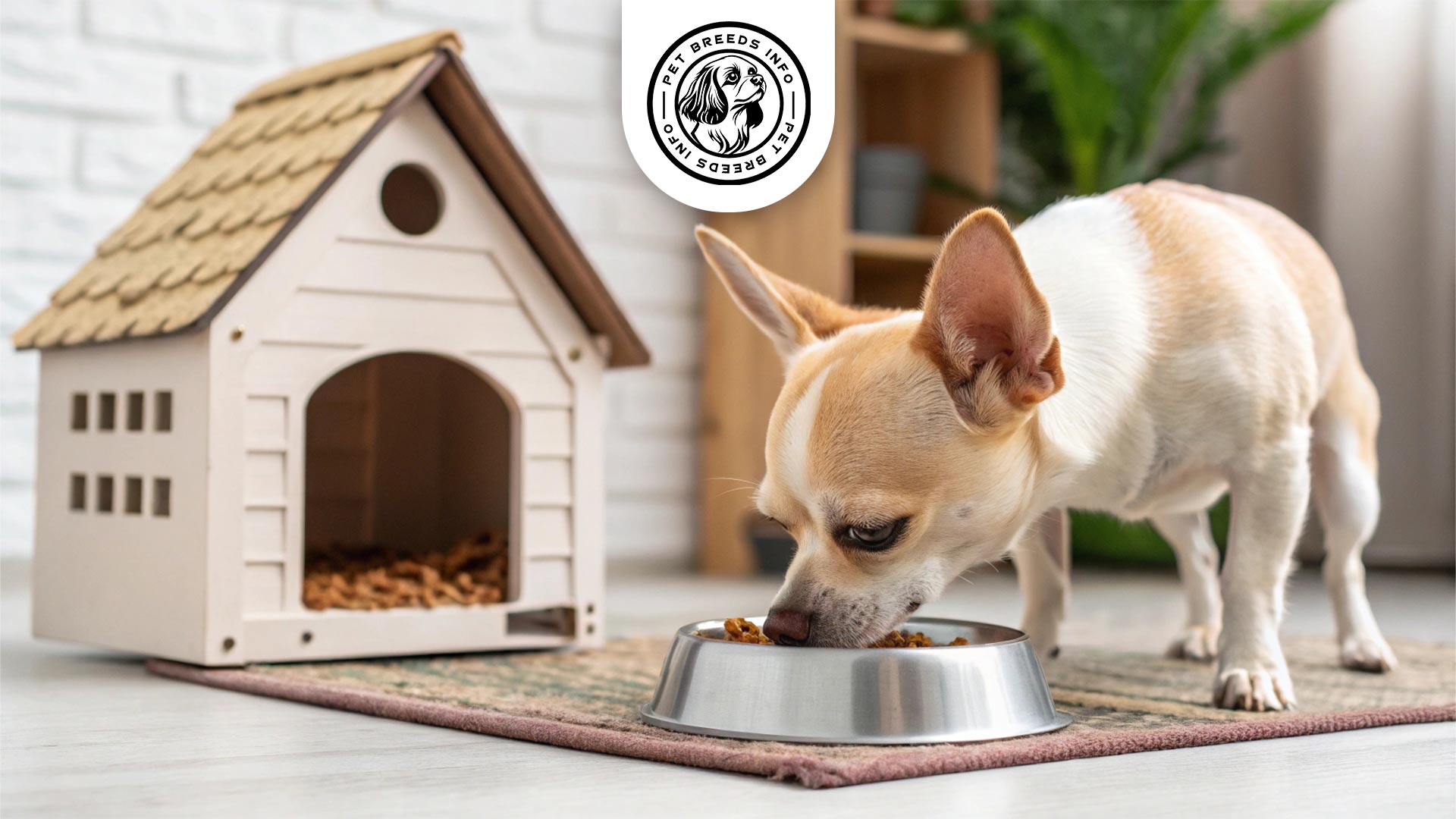
Health and Common Medical Issues
Chihuahuas are generally healthy but are prone to genetic health conditions such as patellar luxation, heart disease, and tracheal collapse.
They are also susceptible to dental problems due to their small jaw size.
Their average lifespan ranges from 12 to 20 years, making them one of the longest-living dog breeds.
Regular veterinary check-ups, vaccinations, and dental care are necessary for their well-being.
Training and Behavior Management
They can be challenging to train due to their independent nature, but they respond well to positive reinforcement.
Early socialization is essential to prevent fearfulness or excessive barking.
Read More: Cairn Terrier Dog
Housebreaking may take time, so consistency and patience are necessary.
Short, fun training sessions work best to keep this intelligent breed engaged.
Interaction with Other Animals and Humans
They can be good with children but are best suited to families with older kids who understand their fragility.
They can coexist with other pets but may show dominance despite their small size.
Chihuahuas are excellent companions for individuals or families who can give them the time and attention they crave.
They are highly attached to their owners and prefer not to be left alone for extended periods.
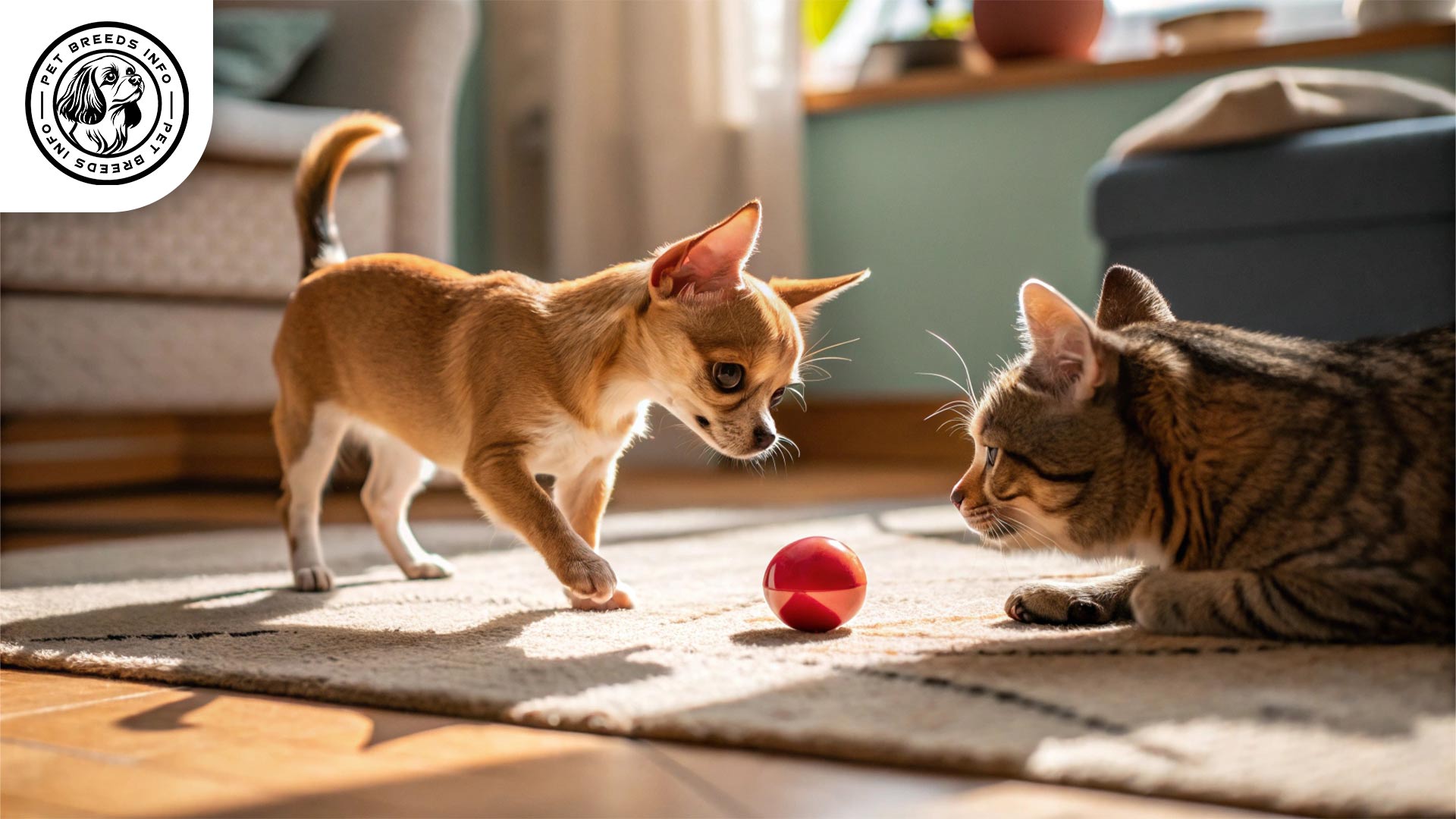
Price and Availability
The cost of a Chihuahua puppy ranges from $500 to $3000, depending on lineage, breeder reputation, and coat type.
Adopting from a shelter or rescue is a great option and may cost significantly less.
When purchasing from a breeder, it is important to choose a reputable breeder who follows ethical breeding practices.
Conclusion and Final Thoughts
The Chihuahua is a lively, affectionate, and loyal companion, ideal for individuals or families ready to provide attention and care.
They adapt well to both small apartments and larger homes but require dedicated socialization and training.
Read More: Cardigan Welsh Corgi Dog
Potential owners should consider their long lifespan, fragile size, and the need for proper training before choosing this breed.
With the right care and attention, a Chihuahua can be a loving and delightful companion for many years.
FAQ
Do Chihuahuas bark a lot?
Yes, Chihuahuas are known to be vocal and alert. Proper training can help manage excessive barking.
Are Chihuahuas easy to train?
They are intelligent but can be stubborn. Positive reinforcement and consistency are key to successful training.
Can Chihuahuas live in apartments?
Yes, they are well-suited for apartment living as long as they receive enough attention and exercise.
Are Chihuahuas good with other pets?
They can get along with other pets, but they may display dominant behavior. Early socialization helps.
